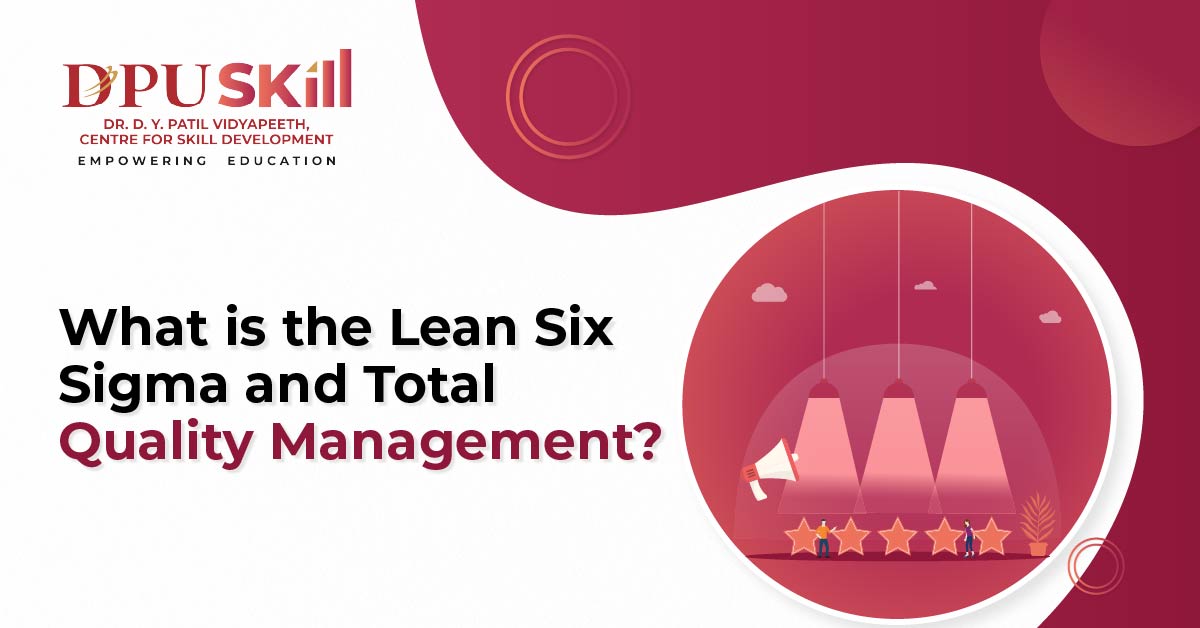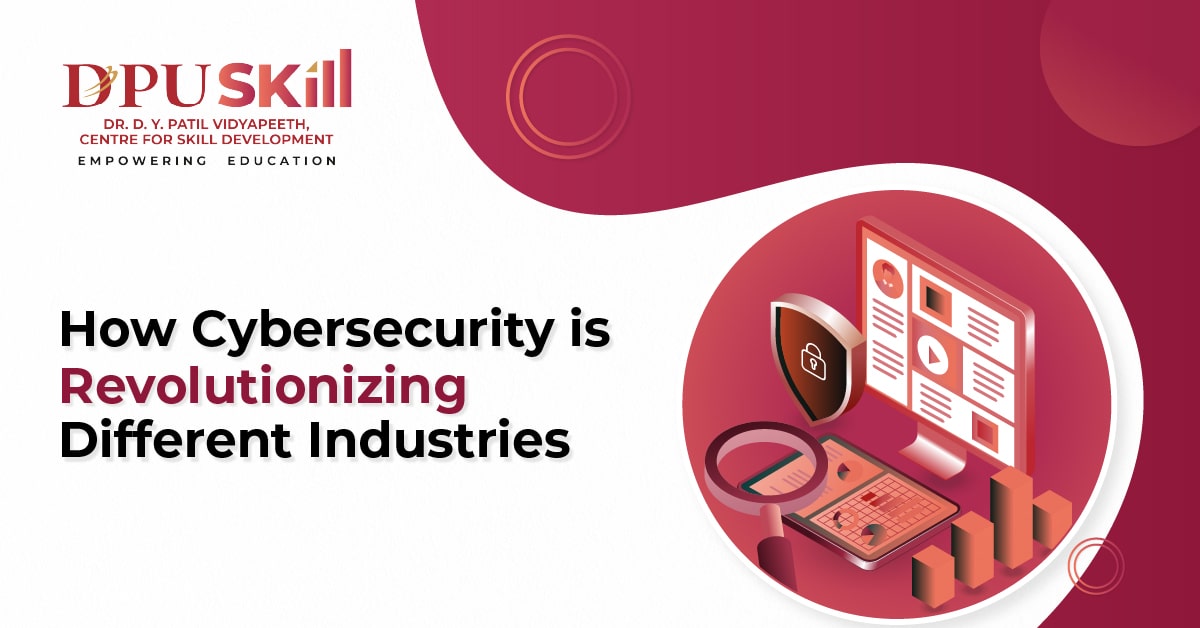
Lean Six Sigma and Total Quality Management (TQM) are two powerful methodologies used to enhance business processes. While TQM focuses on continuous improvement in all aspects of an organization, Lean Six Sigma emphasizes reducing waste and variation in processes. When combined, these approaches create a robust framework for achieving operational excellence and maintaining high standards of quality. By integrating Lean Six Sigma with TQM, businesses can streamline operations, improve product quality, and enhance customer satisfaction.
Combining Lean Six Sigma with TQM is crucial because it allows organizations to be more competitive in today’s market. This integrated approach not only enhances product quality but also optimizes processes, leading to cost savings and increased efficiency. Moreover, it fosters a culture of continuous improvement and employee engagement, which are key drivers of long-term success.
With the rise of digital transformation, companies are increasingly leveraging these methodologies to stay ahead. DPU Skill offers specialized courses that equip professionals with the necessary tools and techniques to implement Lean Six Sigma with TQM effectively.
DPU Skill offers comprehensive courses that can prepare you for these roles, providing you with the knowledge and certification needed to excel in the field of Lean Six Sigma and TQM.
What is the main difference between Lean Six Sigma and Total Quality Management (TQM)?
Lean Six Sigma focuses primarily on reducing waste and minimizing variation in processes, leading to efficiency and quality improvements. TQM, on the other hand, is a broader approach that emphasizes continuous improvement across all areas of an organization, including customer satisfaction, employee involvement, and process management. When combined, they create a powerful strategy for operational excellence.
Are Lean Six Sigma and TQM applicable to all industries?
Yes, both Lean Six Sigma and TQM are versatile methodologies that can be applied across various industries, including manufacturing, healthcare, finance, IT, and service sectors. Their principles are adaptable to any organization looking to improve processes, reduce defects, and enhance overall quality.

Discover DPUSkill, India’s No.1 platform for upskilling professionals. Boost your career with expert-led courses and global certifications.
Read More
Discover how cybersecurity is revolutionizing industries like healthcare, finance, retail, and education, protecting data and ensuring operational continuity.
Read More
Discover how Agile project management boosts healthcare efficiency, adaptability, and patient care with real-world applications and proven benefits.
Read More